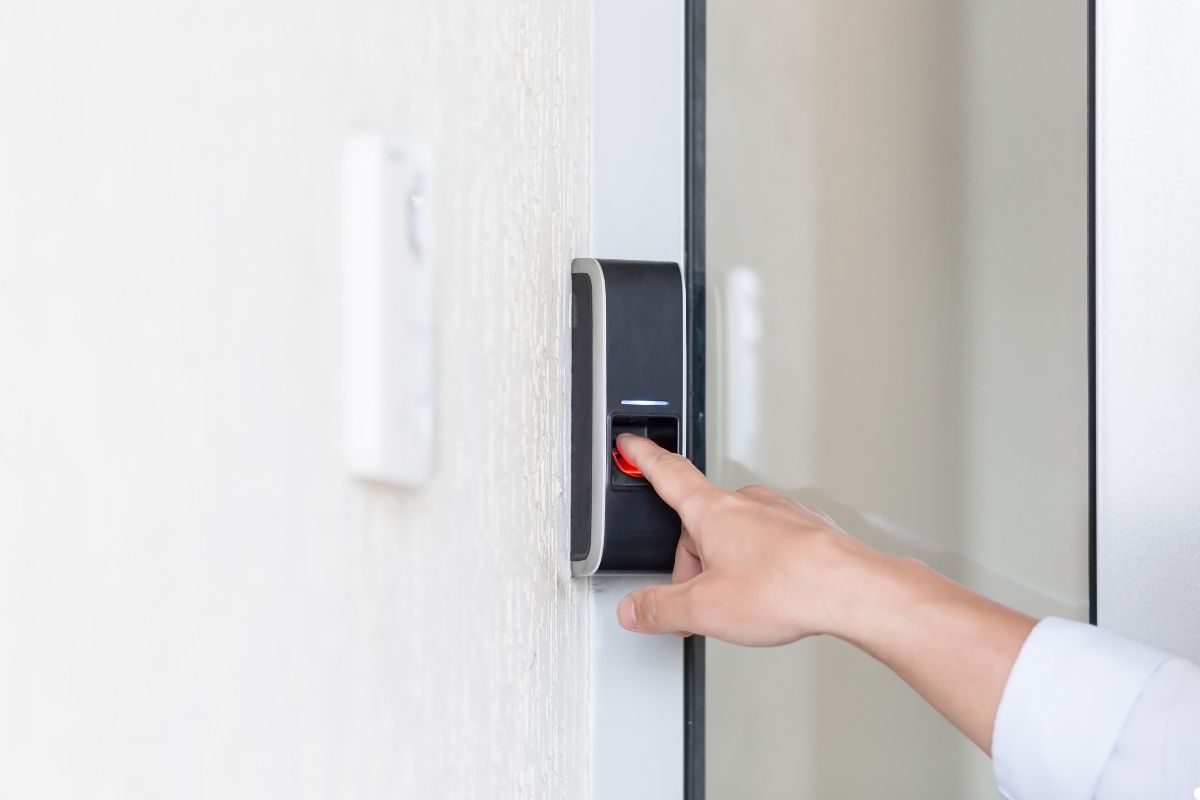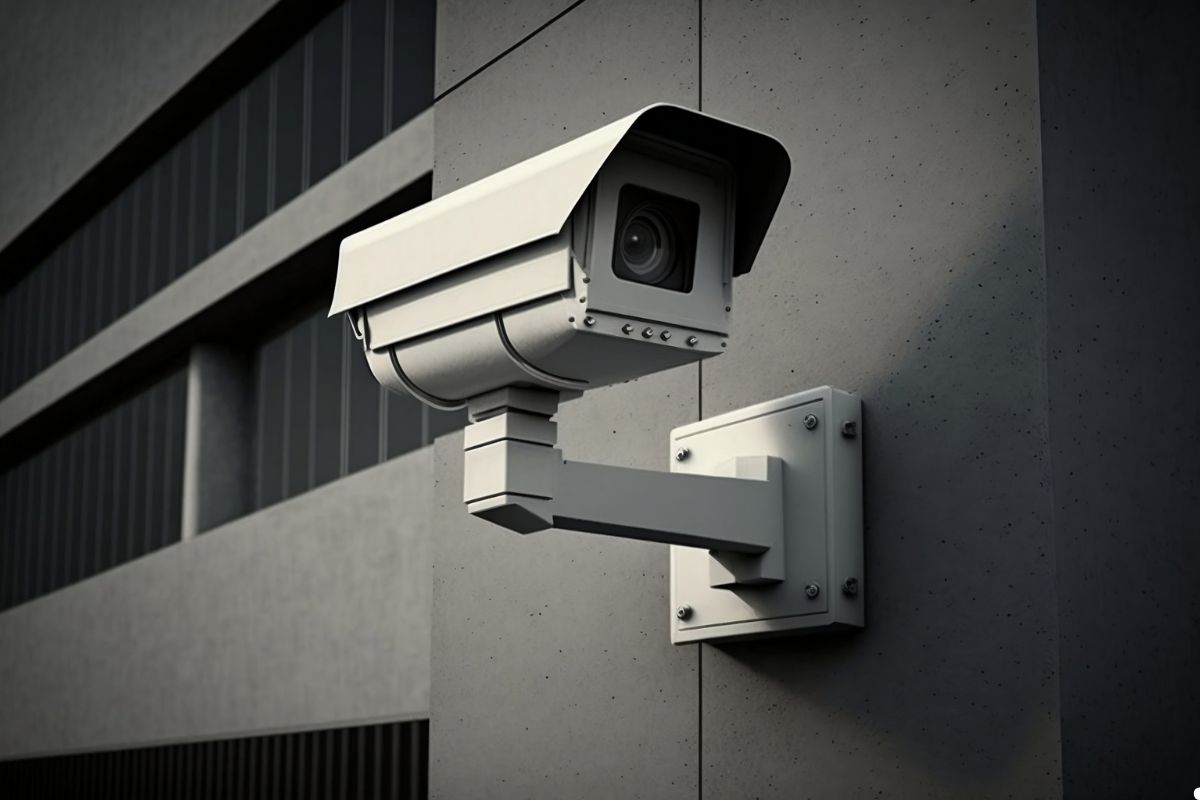
Motion detectors in your Bellevue apartment are likely there for a few primary reasons: to enhance security, to monitor vacant units, or potentially to save on energy costs. However, understanding your rights and the specific purpose of these devices is crucial for maintaining your privacy and peace of mind. This article delves into the common reasons for motion detectors, where they’re typically placed, your legal rights in Washington State, and what to do if you have concerns. If you have any questions or concerns, call us today!
Why Landlords Use Motion Detectors
Landlords in Bellevue, and across the US, may install motion detectors for a variety of reasons. The most common fall into these categories:
- Security Systems: Motion detectors can be integrated into a larger security system to protect the property and deter crime. They can trigger alarms or alerts when unexpected movement is detected, providing an extra layer of protection for both the building and its residents. Are you curious how motion detectors work with complete Security Systems?
- Vacancy Monitoring: When apartments are vacant between tenants, motion detectors can help landlords monitor for unauthorized entry or potential damage. This is particularly important in preventing vandalism and ensuring the property remains secure. It’s a cost-effective way to keep tabs on empty units without constant physical checks.
- Energy Efficiency: In some cases, motion detectors are connected to lighting or HVAC systems to automatically turn off lights or adjust the thermostat when a room is unoccupied. This can help landlords reduce energy consumption and lower utility bills. However, this is less common within individual tenant spaces and more often found in common areas.

Where Are Motion Detectors Typically Located?
The placement of motion detectors is a key factor in determining whether they infringe on your privacy.
- Common Areas vs. Private Spaces: It’s generally acceptable for landlords to install motion detectors in common areas like hallways, lobbies, and entryways. However, placing them inside your private living space is a more sensitive issue with legal ramifications that Call us for help.
- Allowed Placement: Motion detectors are often found near entrances, in hallways, or in storage areas. Be wary if you find them in bedrooms, bathrooms, or other areas where you have a reasonable expectation of privacy.
Legal Considerations in Washington State
Washington State law protects tenant privacy, but the specific regulations regarding motion detectors can be nuanced. It’s critical to understand your rights.
- Privacy Laws: Washington has strong privacy laws that generally require landlords to provide notice before entering a tenant’s dwelling. However, the law doesn’t specifically address motion detectors. The key question is whether the motion detector is considered an intrusion on your “reasonable expectation of privacy.”
- Notice Requirements: Landlords typically must provide at least 24 hours’ notice before entering your apartment, except in emergencies. This notice requirement applies to any situation where the landlord needs access, but it may not cover the continuous monitoring of a motion detector. Read more about tenant rights and motion detectors.
- Restrictions: Placing a motion detector in a location where it records audio or video without your consent is likely a violation of privacy laws. Similarly, using a motion detector to harass or intimidate you is illegal.
How Motion Detectors Work
Understanding the technology behind motion detectors can help you better assess their potential impact on your privacy.
- Passive Infrared (PIR): PIR sensors detect changes in infrared radiation (heat). They’re triggered when a warm object, like a person, moves within their field of view. This is the most common type of motion detector.
- Microwave: These sensors emit microwave pulses and detect changes in the reflected signal. They can cover a larger area than PIR sensors but are also more prone to false alarms.
- Dual Technology: These detectors combine two technologies, such as PIR and microwave, to reduce false alarms. Both sensors must be triggered simultaneously for the alarm to activate.
Addressing Privacy Concerns
If you’re concerned about a motion detector in your Bellevue apartment, there are steps you can take:
- Communicating with Your Landlord: Start by having an open and honest conversation with your landlord about your concerns. Ask them why the motion detector is there and how it’s being used. In most cases, direct communication is key for a solution.
- Documenting Concerns: Keep a record of any interactions with your landlord, as well as any instances where you believe your privacy has been violated. This documentation can be valuable if you need to take further action.
- Legal Options: If you’re unable to resolve your concerns with your landlord, you may want to seek legal advice from a tenant rights attorney in Bellevue. They can help you understand your legal options and represent you if necessary.
Troubleshooting Common Issues
Motion detectors aren’t always perfect. Here’s how to deal with common problems:
- False Alarms: False alarms can be caused by pets, drafts, sunlight, or malfunctioning sensors. Try adjusting the sensitivity settings or repositioning the detector.
- Malfunctioning Detectors: If the motion detector isn’t working properly, contact your landlord to request a repair.
- Sensor Sensitivity: Motion detectors also affected by Weather?

Alternatives to Motion Detectors
If you’re looking for additional security measures beyond motion detectors, consider these options:
- Smart Home Security Systems: These systems offer a range of features, including door and window sensors, cameras, and professional monitoring. Protect your home with our services, offering cutting-edge security solutions tailored to your needs.
- Personal Security Measures: Install a peephole in your door, use a door chain, and be aware of your surroundings.
- Renters Insurance: Renters insurance can protect your belongings in the event of theft or damage.
Key Takeaways About Motion Detectors in Bellevue Apartments
Motion detectors can be a useful security tool, but it’s important to understand your rights as a tenant. If you have concerns, communicate with your landlord, document any issues, and seek legal advice if necessary. Stay informed and protect your privacy.
FAQs
Can my landlord install a camera with the motion detector?
Generally, no, unless there’s a legal or lease provision that allows the use of cameras. Protect your privacy—know your rights about surveillance cameras. Contact us today for expert guidance!
What should I do if I suspect my landlord is violating my privacy?
Seek legal advice immediately. Document every interaction, including the date, time, and details of the event, as well as contact an attorney who specializes in tenant rights to discuss what action needs to be taken next.
Is it normal to have motion detectors in every room of my apartment?
Having motion detectors in every room of an apartment is not typical unless there is an explicit agreement with the tenant for a necessary service, such as tenant care. If you have any questions or concerns, please call us.
